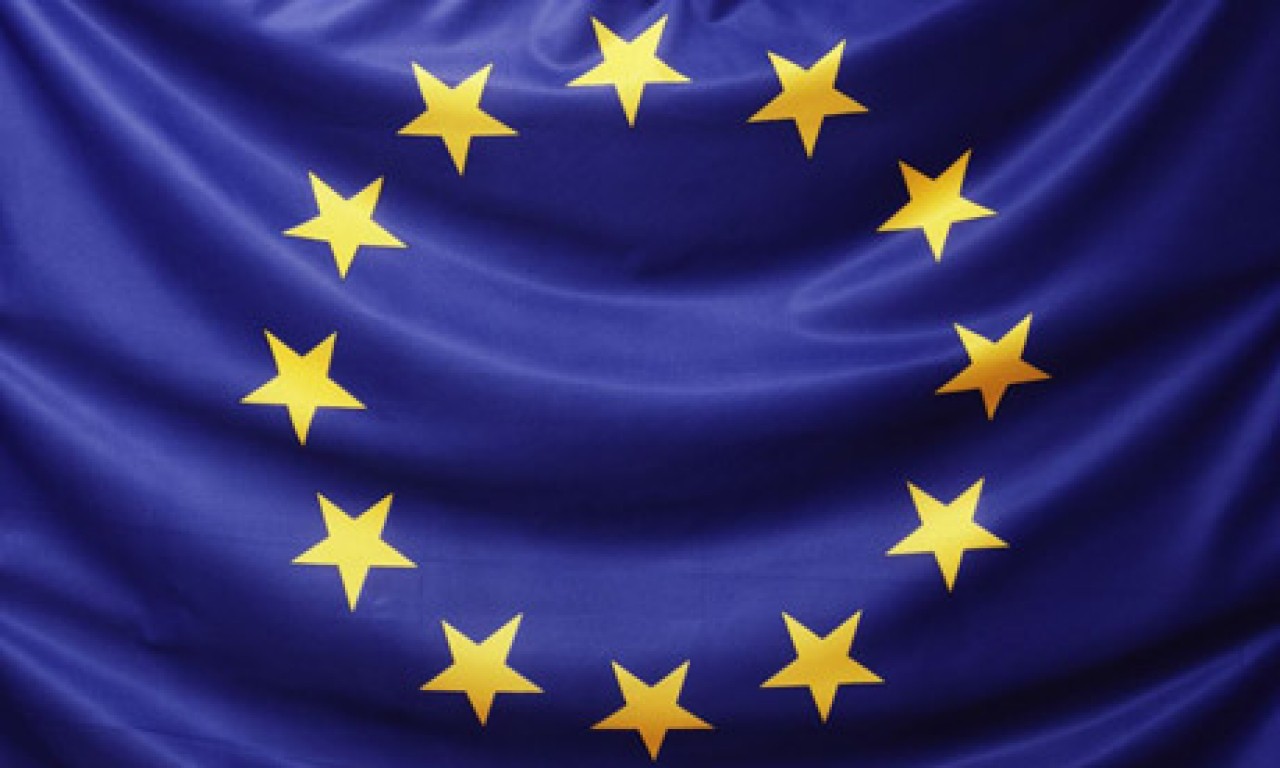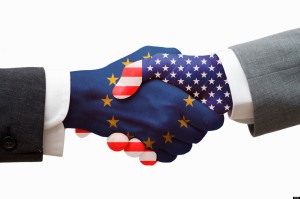Powers and procedures
Organisation and rules
Learn more about how an international, multi-lingual, political institution like the European Parliament functions on a daily basis. Find out about the procedures, the places of work, the people that provide support to the MEPs and the EP budget.
Human rights and democracy
EP in the past
Parliament has been steadily gaining powers through successive amendments of the European treaties which have given more and more clout to EU’s only directly elected body. See how the Parliament gradually emerged as a key player in the EU decision-making process.
The ordinary legislative procedure gives the same weight to the European Parliament and the Council of the European Union on a wide range of areas (for example, economic governance, immigration, energy, transport, the environment and consumer protection). The vast majority of European laws are adopted jointly by the European Parliament and the Council.
The codecision procedure was introduced by the Maastricht Treaty on European Union (1992), and extended and made more effective by the Amsterdam Treaty (1999). With the Lisbon Treaty that took effect on 1 December 2009, the renamed ordinary legislative procedure became the main legislative procedure of the EU´s decision-making system.
Budgetary powers
Following the entry into force of the Lisbon Treaty, the European Parliament now shares the power to decide on the entire annual budget of the EU with the Council of the European Union and it has the final say.
Supervisory powers
The President of the European Parliament has the right to speak at the start of each European Council, setting out Parliament’s position on the subjects to be addressed by the heads of state and government.
After each summit the President of the European Council presents a report to the European Parliament on the outcome.
Sources: http://www.europarl.europa.eu/aboutparliament/en/20150201PVL00006/Supervisory-powers






